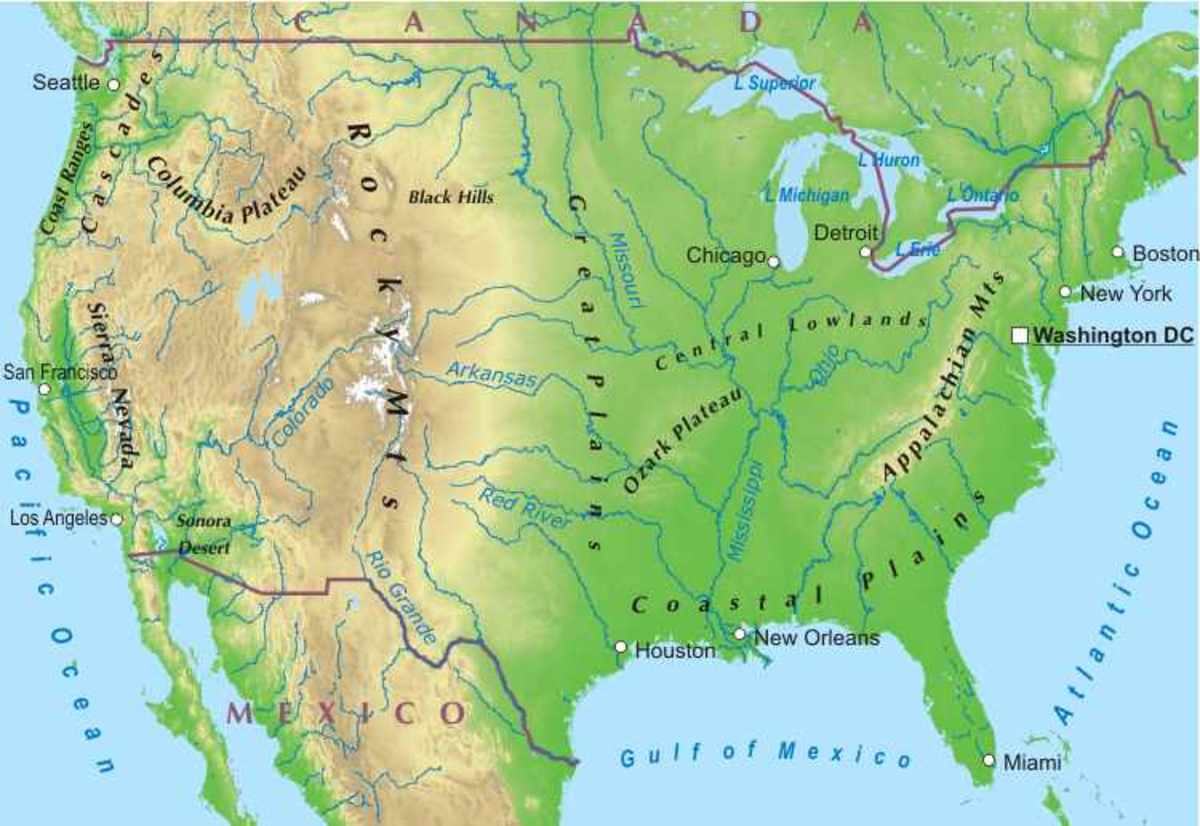Eminent Domain and the Fifth Amendment

According to the 18th century philosopher John Locke, whose ideas form the basis of our constitution, the right to property is a natural right that all Americans are born with. He believed that there was such a thing as a “social contract” that exists between a government and its people. The people give up some of their rights so that the government will protect their individual liberties and it is in this way that a government gains its power. It is up to the government to strike a balance between protecting the citizen’s individual liberties and providing for the common good. One power that the government has to help provide for the common good is the power of eminent domain. Eminent domain grants the government the power to take private property from citizens but it is restricted by the “takings clause” in the Fifth Amendment which states, “nor shall private property be taken for public use, without just compensation.” This means that in order for the government to take your land, it must be for public use and you must be rightly compensated. Without eminent domain things like roads and highways would never get built, train tracks would never be laid, and hospitals would be located so far outside of cities that they would be useless. While eminent domain is crucial to help provide for the common good, there need to be more limitations upon it so that it is not left up to the Supreme Court to decide each case independently.
Throughout American history there have been several landmark cases in which the Constitutionality of eminent domain has been challenged. One of these cases was the Berman vs. Parker case of 1954. In this case the plaintiffs owned a department store in a slummy area of Washington, D.C. The District of Columbia Redevelopment Land Agency was granted the power of eminent domain to transfer private property from the original owner to a private contractor for development. The plaintiff’s department store was in the area designated as a slum but it its self was a thriving business. They argued that because their business was not a slum house, they should not have to give it to the contractors who were fixing up the area. Regardless, the Supreme Court unanimously voted in favor of the committee saying that with just compensation, private property could be taken for public purpose.
This decision was explained by Justice Douglas, "If owner after owner were permitted to resist these redevelopment programs on the ground that his particular property was not being used against the public interest, integrated plans for redevelopment would suffer greatly ". This decision is a very interesting one as it is the first case in which the Supreme Court has made the distinction between public use as it is written in the Constitution, and public purpose. It is here, one could agrue, that the gates are opened for eminent domain abuse. According to this ruling, technically any private property may be taken by the city at any time because it could be making or contributing more money for the city. Anyone’s house could be taken away and turned into office buildings or a mall or given to someone richer than you who could be living there and paying more money in taxes. This is exactly what is being argued in the case of Kelo vs. New London in 2005.
Suzette Kelo owned some land near the ocean which the government of the city of New London wanted to take. The city made the case that the area was run down and they were going to use it for economic development. The Supreme Court voted 5-4 in favor of the city of New London and when the government got the land, they gave it to a private contractor who was going to erect a hotel and several other facilities.
The official ruling in the case was that “the governmental taking of property from one private owner to give to another in furtherance of economic development constitutes a permissible "public use" under the Fifth Amendment.”
This decision sparked an outrage from the general public who said that it was a misinterpretation of the Fifth Amendment and a gross violation of property rights. Private property should not be able to be taken from one private organization and given to another but according to the Supreme Court, it now can.
Justice Sandra Day O’Connor said it perfectly in her principal dissent, “…The beneficiaries are likely to be those citizens with disproportionate influence and power in the political process, including large corporations and development firms.” The land taken from Suzette Kelo and her neighbors was going to be used mainly for buildings that would be used by the Pfizer Corporation. The hotel was being built to be used by visitors to the Pfizer Corporation. The other buildings were also to be used by Pfizer for private business reasons. Day O’Connor argues that because the Pfizer corporation, a private corporation, will be the primary beneficiaries of the new development, the land is not really being put to public use.
In a separate dissent, Justice Clarence Thomas accused the majority of replacing the phrase “public use” in the Fifth Amendment, with “public purpose”. While this is a great argument as it does appear that that is exactly what happened, this was not the first time that it has happened. The Supreme Court was just enforcing the ruling that was made almost 60 years ago in the Berman vs. Parker case.
The government was originally put in place in order to protect the people’s rights and the right to property is one of those rights. It’s written in the constitution that private property may only be taken for public use and that is how it should be. If that means setting more restrictions upon eminent domain, then so be it. Land should not be taken from its owner if it is going to mainly large corporations or be used in any way that does not pose directly to public use.


![The Fallout From the Conservative Assault on the Right to Privacy and the Supreme Court's Lurch back to 1820 [Updated] The Fallout From the Conservative Assault on the Right to Privacy and the Supreme Court's Lurch back to 1820 [Updated]](https://images.saymedia-content.com/.image/t_share/MTkxMTU1MjUyMDYwMjM1NTM5/the-fallout-from-the-conservative-assault-on-the-right-to-privacy-and-the-supreme-courts-lurch-back-to-1820.jpg)


![Texas v. Johnson - The 1st Amendment Right to Burn the American Flag: Something You May Not Have Known [148]](https://usercontent1.hubstatic.com/6789546_f120.jpg)


![American Politics: The BIG LIE in Politics, From The Republican Presidential Convention [124] American Politics: The BIG LIE in Politics, From The Republican Presidential Convention [124]](https://images.saymedia-content.com/.image/t_share/MTc2NDYyMjI1MzEyNjU1MzIy/the-big-lie-in-politics-from-the-conservative-side.jpg)